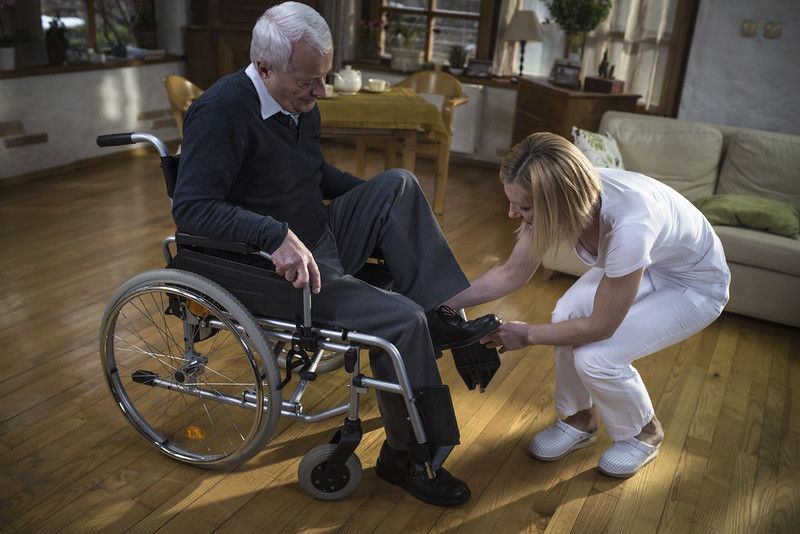
Living Wage for care workers in Wales: A start but not enough
Our social care workers are underpaid and undervalued. Even before the pandemic, social care jobs were characterised by:
- Low pay: According to the Resolution Foundation, 56% of care workers in Wales earn less than the real Living Wage.
- Illegal employment practices: Research has suggested between 9 and 13 percent of care workers don’t receive statutory minimum pay;
- Precarity: Including the continued use of zero-hours contracts
- Few opportunities for training or progression.
- Highly reliance on agency staff: Around a third of respondents to a survey of providers in Wales reported using supply or agency staff in the last year, with 1 in 5 using agency or supply staff very regularly/all the time or fairly regularly. Agency workers’ relatively disadvantaged position in the labour market is well documented (such as here).
Statistics like this are part of the picture, but social care workers’ lived experiences allow us to understand the compounding impact of all this. A recent report by the Bevan Foundation gives a voice to care workers and illustrates the impact of low pay, insecurity, unsafe working conditions and low unionisation rates on people’s lives. It is bleak but essential reading.
Are all social care jobs the same? The role of outsourced care
As a movement we desperately try to stress that work will always be fairer when you have collective bargaining arrangements in place, and social care should be our evergreen case study.
The last time it was analysed (in 2016), around one in five (22%) of adult social care jobs were held by people directly employed by the public sector – councils and health boards. Over half – 62% were employed in the private sector, which is dominated by small providers, and 16% were employed in the voluntary sector. It also estimated that there were several thousand workers in non-regulated settings and directly employed by individuals as personal assistants.
Care workers employed directly by local authorities and health boards benefit from nationally-agreed pay, terms and conditions (the Green Book and Agenda for Change, respectively) so will almost always be in a better position than those in the outsourced sector.
Estimates have suggested that around two in three care workers outside the public sector earn below the real Living Wage, although analysis of outsourced care workers in England of lower-grade roles suggested this could be as high as nine in ten.[1]
Analysis of pay in Wales in 2016 found that the average earnings in the public sector are estimated to be markedly higher than in the private and voluntary sectors, for all types of service (more than 12% higher for all types of service).[2]
But raising hourly pay isn’t enough, and government knows this.
The government’s real Living Wage commitment recognises that the market has failed too many social care workers, but it doesn’t equate to fair work. The real Living Wage was the most modest option the Inter-Ministerial Group on Paying for Social Care considered and it accepts disparity.
While it should result in a pay rise for tens of thousands of workers, it won’t address the many other ways in which this sector exploits and demoralises its workforce, increasing people’s risk of being in poverty now and in the future.
For example, thousands of care workers in the outsourced sector are not contractually entitled to proper sick pay (equating to their usual salary), with around 1 in 20 not even eligible for Statutory Sick Pay. After months of union calls to address the clear barrier to care workers self-isolating, Welsh Government introduced a sick pay enhancement scheme for those self-isolating or taking sick leave because of coronavirus.
But the sick pay scheme is due to expire in September, and this sticking plaster approach is surely unsustainable when we know that coronavirus isn’t the only communicable disease which care home residents should be shielded from.
-
We hope Welsh Government’s real Living Wage commitment is framed as the start of a fairer deal for care workers. It should be part of a set of measures which government considers within the Social Care Forum, including a sustainable solution to the sick pay problem and ways to address other exploitative practices in the sector.
